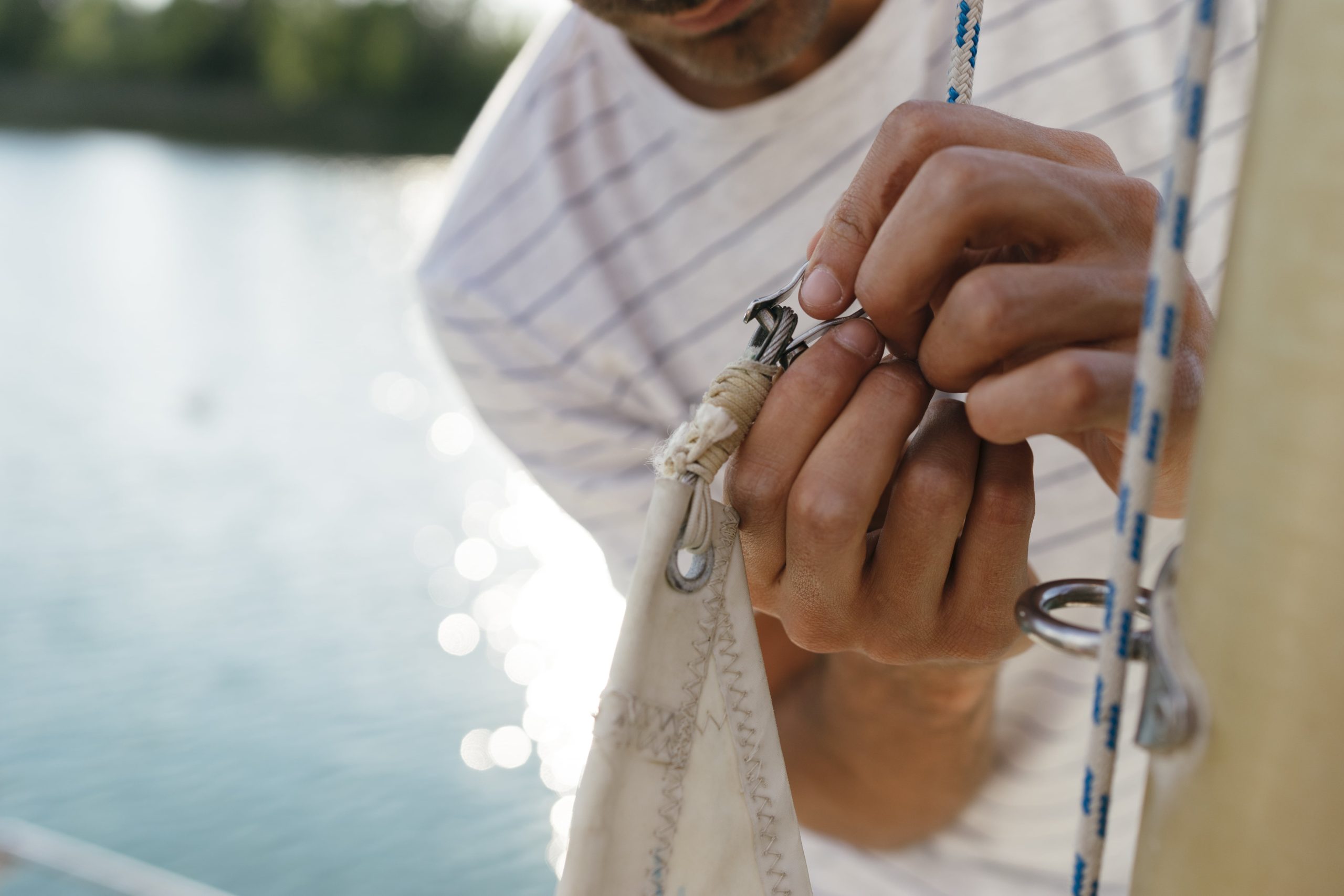The skipper is the person in charge of a vessel, responsible for its safe navigation and the well-being of its crew. Whether you’re on a small sailboat or a large luxury yacht, the skipper plays a crucial role in ensuring a successful and enjoyable voyage. In this blog post, we’ll explore the role of the skipper and why they are so important to any yachting experience.
What is a Skipper?
A skipper is the person who is in charge of a vessel, responsible for its navigation, safety, and the well-being of its crew. The skipper is usually the most experienced and knowledgeable person on board, and they are responsible for making all the important decisions during the voyage. This includes everything from route planning and weather forecasting to maintaining the boat and ensuring the crew’s safety.
The Importance of the Skipper
The skipper is essential to any yachting experience for several reasons. Here are just a few of the key roles they play:
- Navigation – The skipper is responsible for ensuring the vessel navigates safely to its destination. This includes plotting a course, taking into account weather conditions and the boat’s capabilities, and making any necessary course corrections along the way.
- Safety – The skipper is responsible for the safety of everyone on board. This includes ensuring that all crew members are properly trained, that safety equipment is in good condition and that everyone follows appropriate safety procedures.
- Maintenance – The skipper is responsible for the maintenance of the vessel. They must ensure that the boat is in good condition, that all equipment is working correctly, and that any necessary repairs are made promptly.
- Leadership – The skipper is also responsible for providing leadership to the crew. They must be able to communicate effectively, delegate tasks, and make quick decisions in high-pressure situations.
- Experience – The skipper is usually the most experienced person on board. They bring their knowledge and expertise to the voyage, making it a safer and more enjoyable experience for everyone.
Qualities of a Good Skipper
Not everyone can be a good skipper. It takes a unique set of skills and qualities to lead a successful voyage on the high seas. Here are a few of the key qualities of a good skipper:
- Experience – A good skipper has extensive experience sailing or boating. They know how to handle the boat in a variety of conditions and are familiar with navigation, safety, and maintenance procedures.
- Communication – A good skipper must be an effective communicator. They must be able to convey instructions clearly and concisely, listen to feedback from the crew, and communicate important information such as weather updates and safety alerts.
- Decision-Making – A good skipper must be able to make quick decisions in high-pressure situations. They must be able to analyze information quickly and make the best possible decision for the safety of the crew and the vessel.
- Leadership – A good skipper must be a strong leader. They must be able to inspire confidence in their crew, delegate tasks effectively, and lead by example.
- Technical Knowledge – A good skipper must have a strong understanding of technical aspects of boating, such as navigation, safety procedures, and boat maintenance.
Conclusion
The skipper plays a crucial role in any yachting experience. They are responsible for the safety and well-being of the crew and the success of the voyage. A good skipper brings a wealth of experience, leadership, and technical knowledge to the voyage, ensuring a safe and enjoyable experience for everyone on board. If you’re planning a yachting trip, be sure to choose a skipper with the right skills and qualities to lead your voyage to success.




